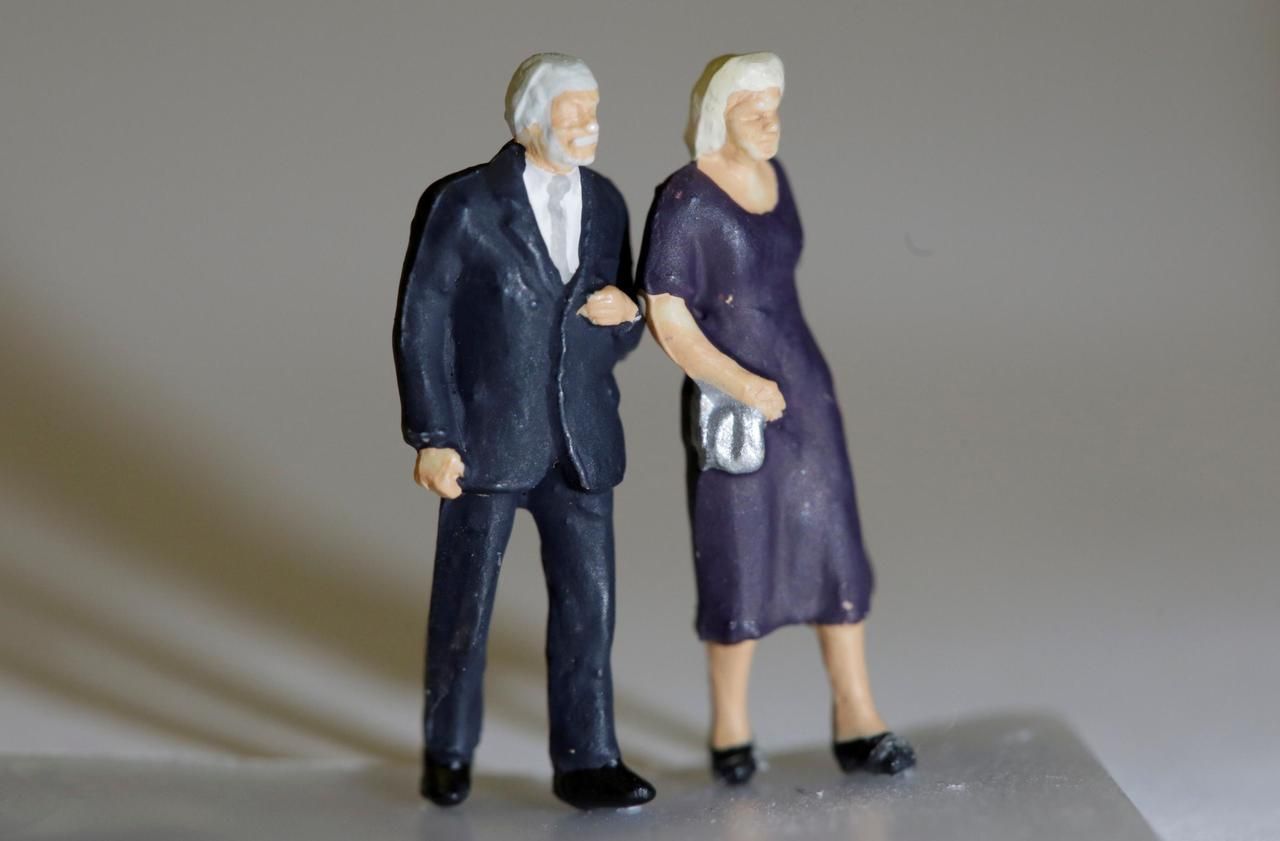The health and economic crisis hit the pension system hard, yet almost balanced in 2019. Unsurprisingly, the Pension Orientation Council (COR), in its annual report submitted on Thursday, confirms a deficit balance of 23.5 billion euros for the year 2020, or 1.1% of gross domestic product (GDP).
Consolidated figures on the significant deterioration in the financial outlook since the Covid-19 crisis, which nevertheless turn out to be slightly lower - by nearly a billion less - than those presented in the progress report on the effects of the confinement made there a month ago, at the request of Jean Castex.
"This sharp deterioration in the deficit is essentially cyclical in nature", state the authors.
What should we understand?
The accounts are now in the red for several reasons mainly related to a drop in the receipt of old age contributions.
Partial unemployment and exemptions from charges weigh on the revenue of the pension system
The main one is the strong recourse to short-time working, which has reached nearly 9 million employees in certain months, with the mechanical consequence of not collecting any revenue for old-age funds in 2020 (and probably in 2021).
Indeed, even if the partial unemployment benefit paid by the employer is set at 70% of gross, it is totally exempt from social contributions.
The same effect applies to the deferral of charges granted to businesses and the exemptions linked to the support plan.
A shortfall that the state would be supposed to compensate, but nothing is planned for 2020, nor for 2021 in the budgets of Social Security.
Will he do it?
Mystery.
Not to mention the employees who find themselves unemployed, whose incomes fall and who therefore contribute less.
In the very short term, the COR explains that "the reduction in expenditure linked to the low excess mortality of retirees recorded so far" would not compensate for "the very sharp contraction in resources".
In the longer term, the accounts of the retirement system should return to equilibrium in the course of 2030, “with growth that would return to the level started before the crisis”.
Between 2030 and until 2060, the share of expenditure on pensions would decline, whatever the scenario envisaged.
READ ALSO>
Public debt: who will foot the bill?
And from 2070, it "would even be lower than that observed in 2019 in all scenarios", between 11.6% and 13.4% of GDP, further advances the COR.
A novelty compared to the data in the progress report for October and June.
Indeed, this decrease is linked to the fact that people will acquire fewer rights to old-age insurance "during the current crisis", precisely those who have been in partial unemployment as those who have fallen into unemployment.
A phenomenon linked to the crisis which will lower costs for the system when these employees retire.
"If the financial security of the system does not seem threatened in the medium and long term, the standard of living of retirees compared to the rest of the population will deteriorate from the 2020s and rapidly until 2070 as a result of previous reforms", a senior official tells us.
Different scenarios in the running
The executive must put the mother of all reform back on the hank, now in light of its recent NRC elements.
In the social agenda set by the Minister of Labor, Élisabeth Borne, this fall for unions and employers, meetings were scheduled from November to reopen on this site.
The evolution of the epidemic and the reconfinement have somewhat shaken up the already numerous meetings on teleworking, unemployment insurance, the business support plan, etc.
However, a meeting between the government and the social partners in Matignon seems set in stone on February 13, 2021. Different scenarios, as we revealed last July, are still on the cards.
The COR, for its part, must also start in 2021 "a process of reflection and discussions around the scenarios".
There remain the many “hazards” which surround this still politically explosive issue: the resurgence of the epidemic, the development of growth, the social climate and of course the proximity of regional, departmental and presidential elections.









